Search Results
Showing results 521 to 540 of 801
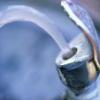
Water Fountain
Source Institutions
In this activity, learners explore how a hydraulic pump works. Learners work in teams to design and build a unique water fountain that employs a hydraulic pump.
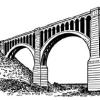
Bridge the Gap
Source Institutions
Learners work in groups to construct bridges using stale marshmallows and toothpicks.

Tennis Anyone?
Source Institutions
In this activity, learners explore sports engineering and advanced materials development.

Snake Kite
Source Institutions
In this activity, learners will explore the physics of air by making a snake kite.
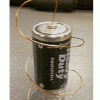
Simple Spinner
Source Institutions
In this activity, learners create a tiny electric, motorized dancer. Learners use the interactions of magnetism and electric current to make a wire spin, while displaying the Lorentz Force in action.
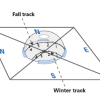
Reason for the Seasons
Source Institutions
In this activity (on page 6 of the PDF), learners plot the path of the sun's apparent movement across the sky on two days, with the second day occurring two or three months after the first.

Parachute Parade
Source Institutions
In this engineering activity, learners design parachutes to give toy figures safe landings. This activity is great for practicing an important STEM skill--changing only one variable at a time.
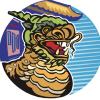
Draggin' Boats
Source Institutions
Learners design, build, and test models of "dragon boats" made from up to three milk cartons.

Think Fast!: Just How Quick Are You?
Source Institutions
This is an activity about reaction times. Just how quickly must an NHL goalie respond to save a shot, and how does your reaction time compare?
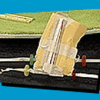
Puff Mobile
Source Institutions
In this engineering activity, challenge learners to design a car using only 3 straws, 4 Lifesavers™, 1 piece of paper, 2 paper clips, tape, and scissors.
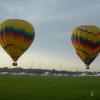
Convection Demonstration
Source Institutions
In this quick activity (located on page 2 of the PDF under GPS: Balloon Fiesta Activity), learners will see the effects of convection and understand what makes hot air balloons rise.

Go with the Flow
Source Institutions
In this quick and easy activity and/or demonstration, learners use two empty soda cans to illustrate Bernoulli's principle.
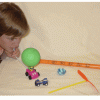
What is Energy?
Source Institutions
In this exploratory activity, learners experiment, observe and determine how various toys change from one form of energy to another.
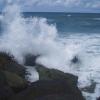
Modeling Tidal Action
Source Institutions
In this activity (Lesson 1), learners work in groups to create tide simulations.
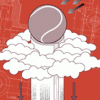
High Rise
Source Institutions
In this design challenge activity, learners build a tower that can support a tennis ball at least 18 inches off the ground while withstanding the wind from a fan.
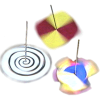
Spinning Tops
Source Institutions
Create your own spinning top, and explore color, shapes and spinning. This activity contains instructions for making your spinning top, and tips on how to design and decorate it.
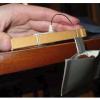
How Many Pennies?
Source Institutions
In this activity (pages 13-14), learners investigate the properties of smart materials, which are materials that respond to things that happen around them.
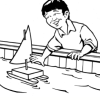
Prepare for a Dock Shop Field Trip
Source Institutions
In this activity, learners explore what makes a boat float and sink. They examine and test various objects to determine why objects float or sink.
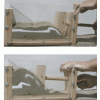
The Squeeze Box
Source Institutions
In this geology activity learners build a "squeeze box," which allows them to compress layers of sediment. This is a great way to investigate folding and faulting in the Earth.

Gearing up with Robots
Source Institutions
In this activity, learners experiment with gear motion to understand how gears work to change the amount of force, speed, or direction of motion in machines.
